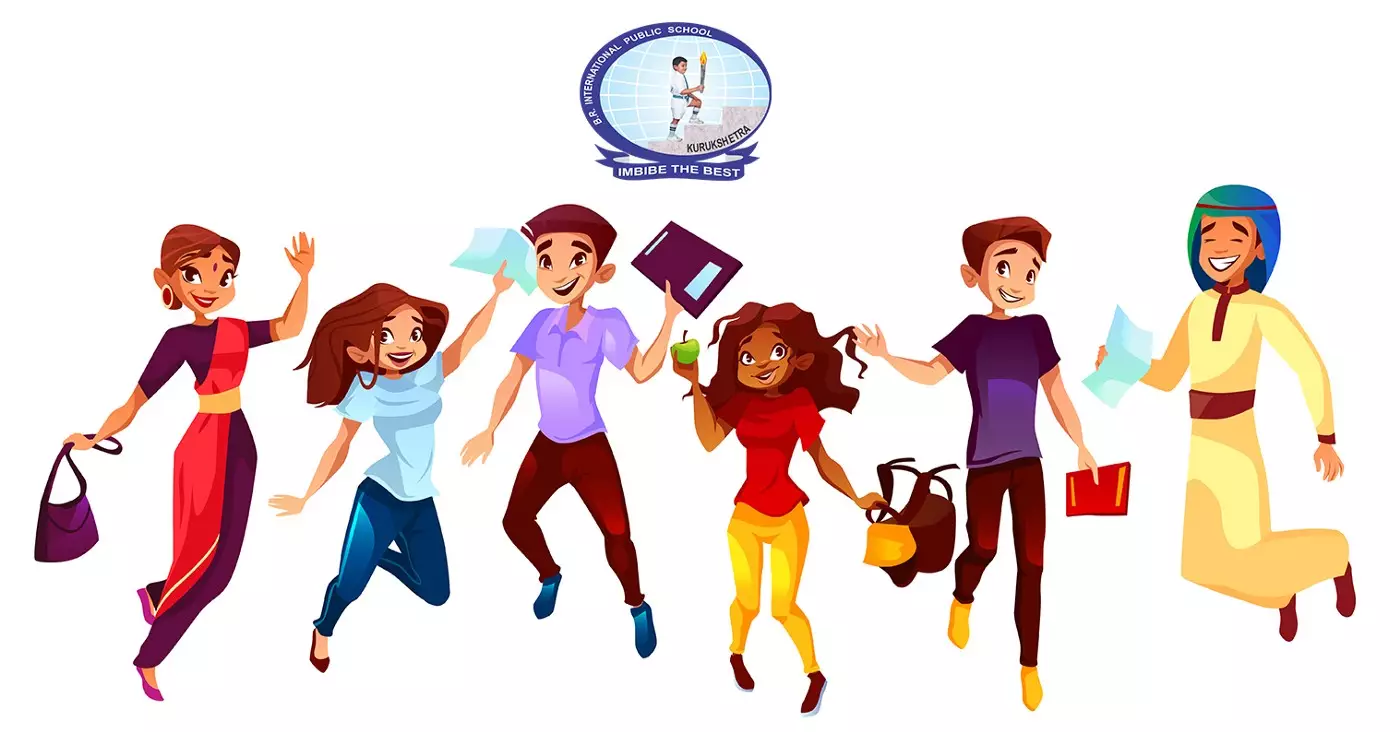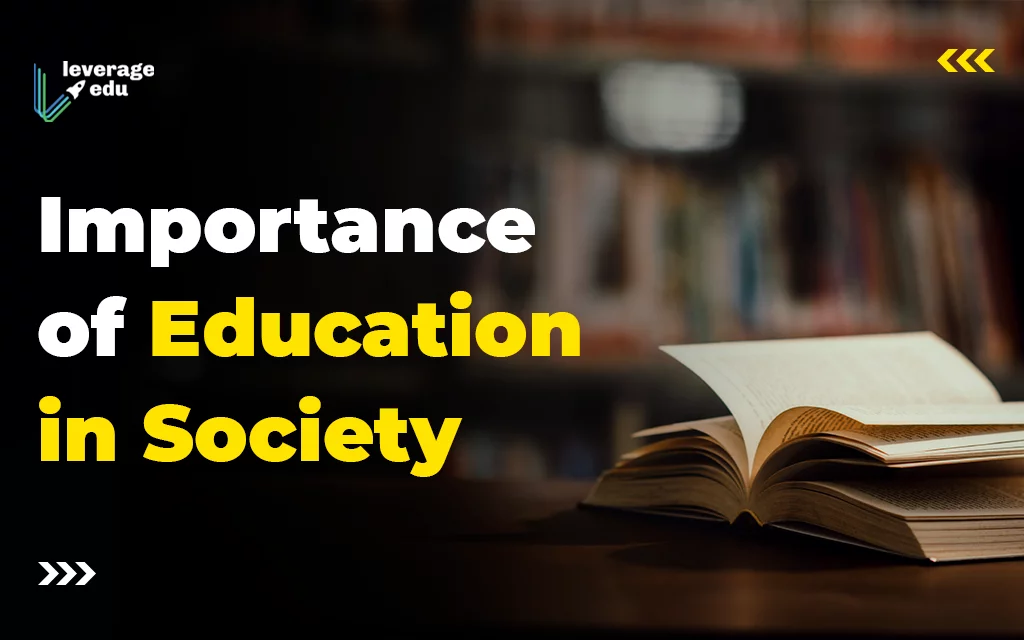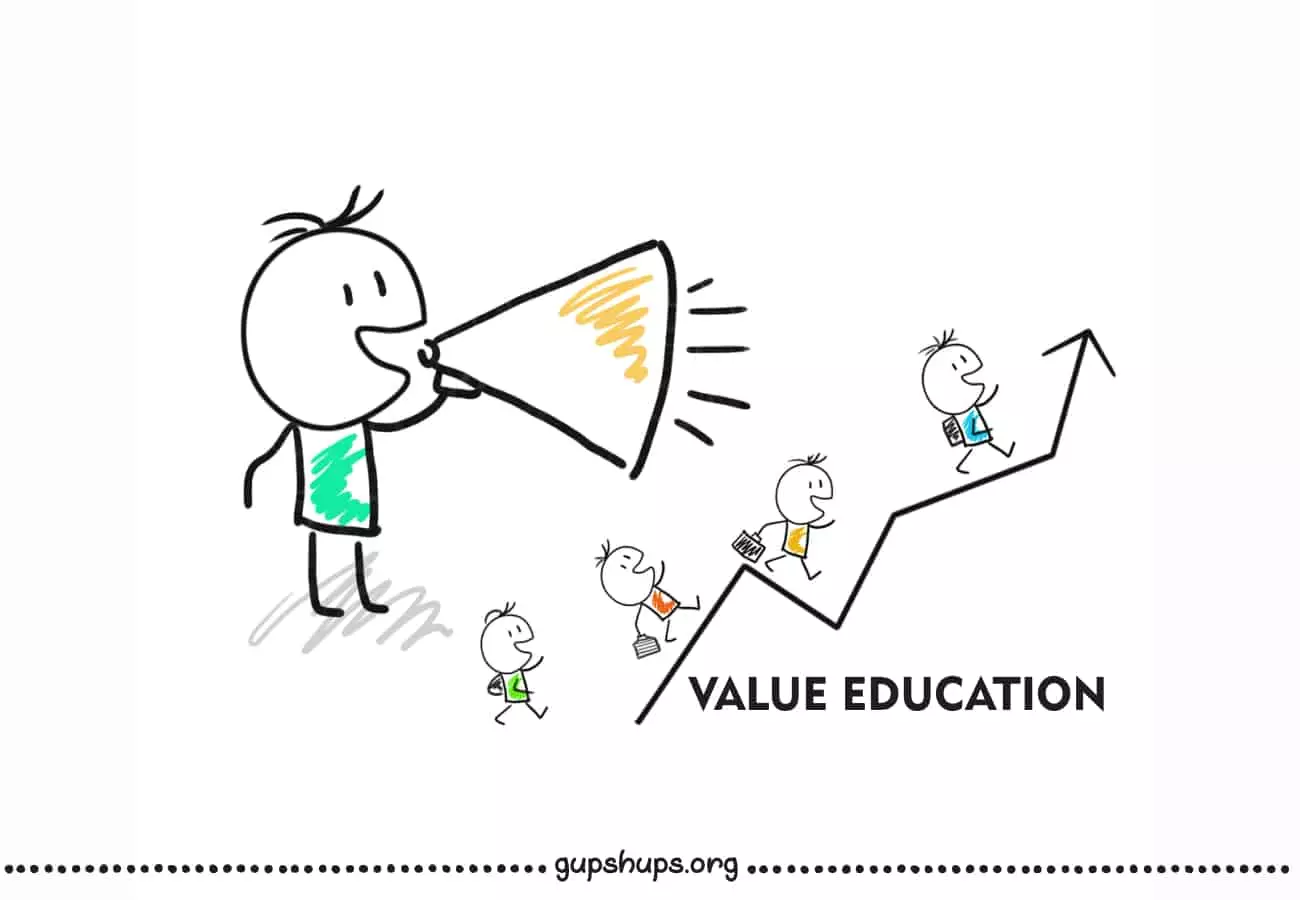Learning cannot be a permanent change in behavior. It is only a relatively permanent change. Explain.
Human beings learn manual skills, verbal skills, and graphic skills, and ways of utilizing them. Through learning he/ she acquires knowledge, meanings, fears, attitudes, personality, ideals, frames of reference, prejudices, values, and self-knowledge. Whatever is learnt brings a constant change in behaviour. This change in behaviour is only relatively permanent.
Since, all learnt human behaviour is modifiable, behaviour can never be strictly permanent. Experience is a continuous process in human life starting from the cradle and ending with grave.
According to Piaget, intellectual assimilation helps in developing new capacity for assimilating new objects and events. The development of new capacities brought out by the elements it assimilates is called accommodation and equilibration is the process that produces progressive equilibrium between assimilation and accommodation.
Our knowledge of the self and that of the external world goes on, expanding because of continuous interaction with it, assimilating our newer perceptions in the already existing cognitive structures (apperceptions) and then accommodating these structures to give rise to newer structures.
For further interactions the newly formed cognitive structures (new accommodations) act as ‘apperceptions’. Thus, the process of experiencing goes on. The process of assimilating new information and thereby accommodating the existing whole cognitive structure equilibrating to a new one, will no longer be feasible or possible. Learnt behaviour is only relatively permanent and modifiable in the light of fresh evidence/ perceptions.





